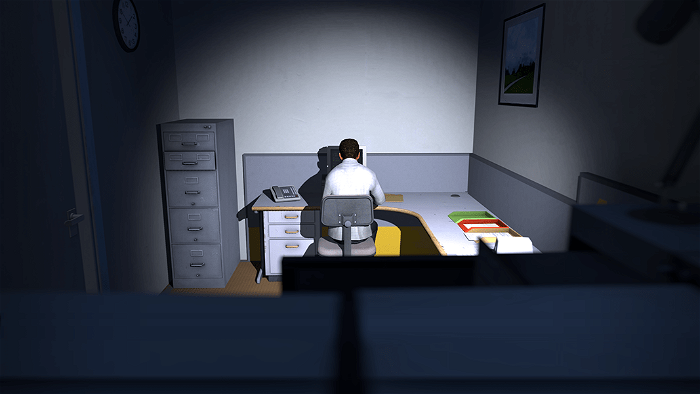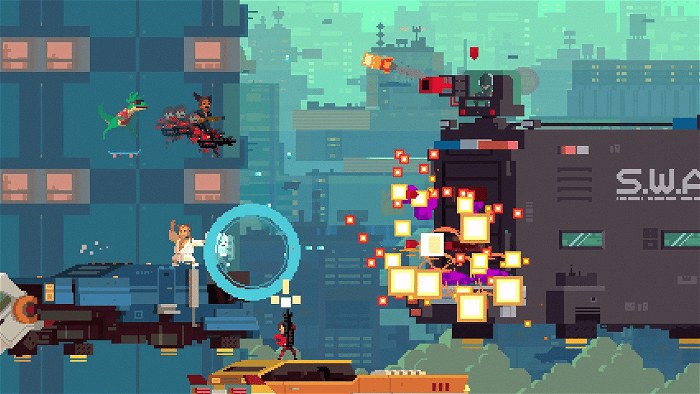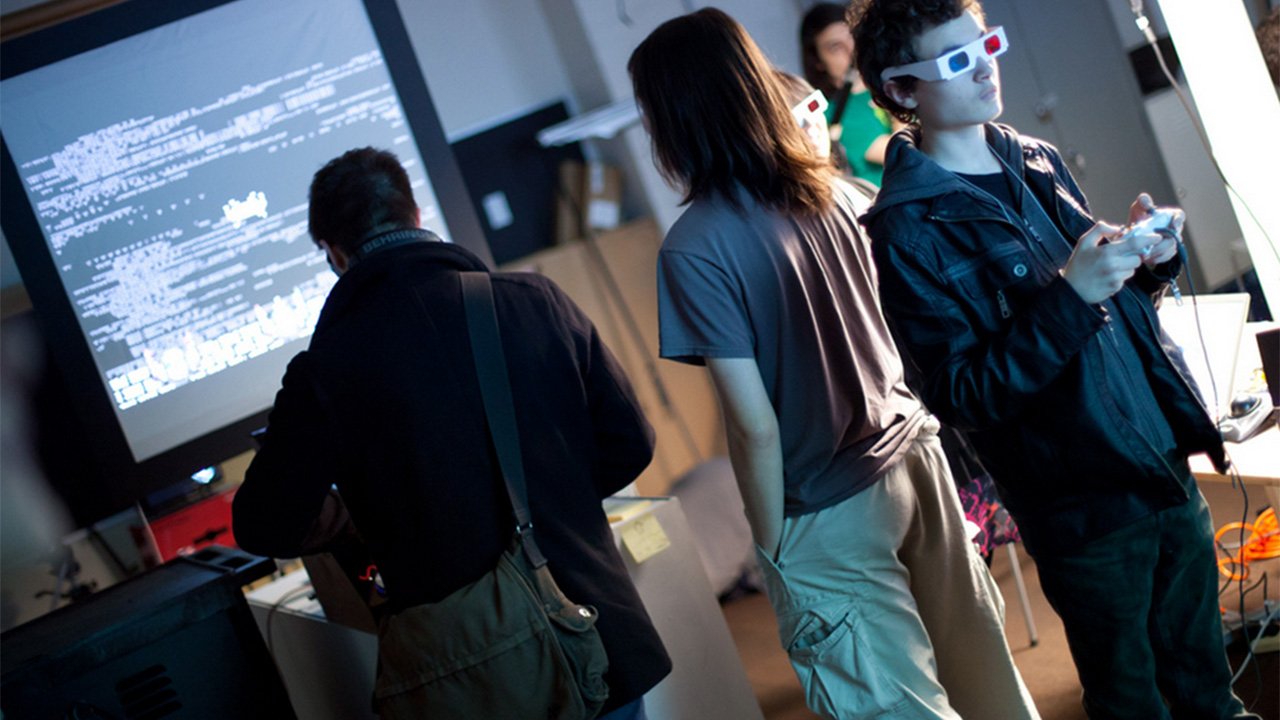Toronto is not just the home of a vibrant indie gaming community, it’s also the site of a smaller, but growing gaming event. Gamercamp has been in the scene since 2009, run by a small but enthusiastic group of game lovers, and in that time, it’s grown into something wholly unique; an event that focuses on games, that still welcomes people from outside the traditional audience. We spoke with Jaime Woo, one of the founders of the event, to see what he thinks of Gamercamp’s progress and the progress of the games media as a whole.
Comics Gaming Magazine: For those people outside of Toronto, who may be unaware of what’s going on, how would you describe what Gamercamp is?
Jaime Woo: Gamercamp is similar to what TIFF is for films or Nuit Blanche for art: it’s an annual festival in Toronto open to the public that celebrates games with talks, workshops, and arcades.
CGM: There are lots of game-centric events with different kinds of focus. GDC is obviously for professionals within the industry. E3 is for the media. Penny Arcade Expo is for fans. Who is Gamercamp for?
JW: Gamercamp is for anyone who enjoys games. There’s something for everyone from players casual to hardcore and everything in between—you don’t necessarily need to be a “fan”. People should come to Gamercamp if they are curious about how games are made—through our talks and meeting the developers—and also if they’re interested in discovering cool, new games, like going to North By Northeast to discover a new band.

CGM: Gamercamp is one of the few gaming events that also cross pollinates with other groups in the media such as the National Film Board and Toronto International Film Festival. How did this collaboration come about? How easy or difficult was it to implement?
JW: Thank you for noticing that! Games shouldn’t exist in isolation to other forms of media and I think there’s a lot of knowledge to be shared, especially in a city like Toronto where so many forms of media co-exist. I find that I draw inspiration for Gamercamp from so many different fields: the Arcade being housed inside the rooms, for example, stems from the popular Come Out To My Room installation at the Gladstone.
Once I started looking, there were many overlaps that warranted exploration, like the amazing interactive documentary work at NFB. Organizations outside of games were actually quite interested in getting involved with the conference this year, because they understand that creative thinking can arise by viewing things from a different perspective.
CGM: How does Gamercamp and its curators view the coming changes in the game industry such as the rising prominence of mobile and the potential of Oculus Rift?
JW: I think it’s a really exciting time to be able to have these new form factors available for playing games. Certainly, the ability for smartphones to double as games devices shifted the industry in fundamental ways. There’s no certainty that any new technology will stick, but at least the Oculus Rift has been inspiring developers to push outside of their comfort zones and catalyze more experimental games. For festivals like us, it means a wealth of fantastic game ideas to share with our attendees.
CGM: Where does the traditional industry stand in your opinion? Some people, for example, are predicting the PS4 and Xbox One to be the last of the “traditional” consoles.
JW: When you can download Grand Theft Auto V on mobile device and have it feels as good as it does on the PS3 or Xbox 360, that’s when the traditional consoles will have to worry.
CGM: Why is it that compared to other cities such as Montreal or even San Francisco, Toronto has such a vibrant, close knit indie community?
JW: A decade ago or so, Toronto had a few small studios making games but no large triple-A studios, the sort that anchored cities like Montreal or Vancouver. Anyone who wanted to make games in Toronto was staying in spite of its fledgling status, and there was a desire to meet other people in the same situation who wanted to make games. It also meant creating structures to have contact with one another, and this is where Toronto institutions like the Hand Eye Society and Toronto Independent Game Jam came about, and more recently Torontaru and Bento Miso. I’ve often heard people say that they stay in Toronto making games because of the community here.

CGM: Indie games themselves seem to be rising in prominence, with games like Jonathan Blow’s The Witness and Capybara/Superbrother’s Sword & Sworcery EP regularly getting a lot of media attention at the pre and post release stage. Why do you think Indies are appearing more frequently in the spotlight?
JW: I think cool ideas, whether in indie games or triple-A titles—and anything in between—will find exposure.
CGM: What are your thoughts on recent gender issues that have been cropping within the gaming industry? What do you think it means that the industry is wrestling with them now?
JW: The industry is having to grow up and take accountability for what it puts out there. This is a good thing and will hopefully nudge more diversity in works and more diverse works.
CGM: Gamercamp itself is obviously part of our changing times and the perception we have of games in our society. What do you think that view of games is now? How far have we come from “Games are just brain candy for children?”
JW: I think it’s still pretty pervasive, but there’s also a heartening amount of work to discredit that. I love the cool interactive work that is being done around the world like at Hide and Seek in London and Come Out and Play in New York and so, so, so many other festivals around the world. Television was seen as such a low-class medium and then the Sopranos, Sex and the City, Mad Men, and Breaking Bad shifted the perception. The right games won’t do the exact same thing but they’ll change minds.

CGM: What kind of goals are Gamercamp striving for in the years to come?
JW: Gamercamp is going to continue to blend games with other forms of media. I view Gamercamp as a chance to push how game festivals present their works and to challenge what’s existing. That’s why we’re sticking games inside of hotel rooms and highlighting old-fashioned carnival games for our party celebrating our fifth year. There’s fan service, and that’s great, but too many people get excluded because of that. For us, it’s all about getting everyone to check Gamercamp out. That’s us in five years.




